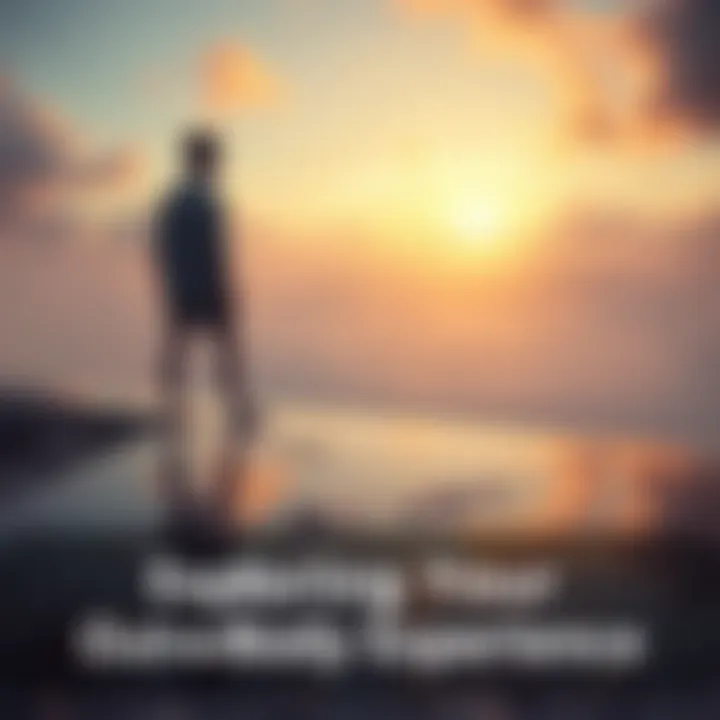Insight into Out-of-Body Experiences | Exploring Perception and Self-Representation

A growing curiosity surrounds out-of-body experiences (OBEs) as people share their varying perceptions and encounters. Recent discussions on forums highlight how individuals see themselves in these states, sparking excitement and debate.
The Vivid Nature of Self-Perception in OBEs
Individuals continue to report distinctive and sometimes startling instances when experiencing OBEs. One participant described, "My first OBE was unexpected; I didn’t even know what it was at the time. I saw my body in bed from behind. Pretty wild." Conversely, another shared a more ambiguous experience, stating, "I don’t see myself. I’ve astral projected to different timelines and saw myself from behind one time, but in bed, I only noticed an empty spot."
The conversations unveil a spectrum of experiences. Some participants see themselves clearly, while others report only seeing imprints or empty spaces. Interestingly, one user shared, "Sometimes I try to find my body in bed but don't see it. I know the reason—I’m not in the physical version of my room."
Exploring Diverse Visual Representations
Discrepancies in visual representation emerged again. Some people describe their reflections as appearing inverted, while others claim they see a more idealized version of themselves. One mentioned experiencing forms that differ—"like my age 20 version or even an 'alien' face that resonated with me." This adds to the understanding of how consciousness may alter one’s perception in these states.
"The individual unit of consciousness controls both the human body and the astral bodies."
This statement summarises the often-discussed theory that consciousness influences how people perceive their physical forms during OBEs, contributing to the ongoing dialogue.
Key Insights from the Ongoing Discussion
🌌 Varying Reflections: Users uniquely perceive their physical selves or lack thereof during OBEs.
🪞 Diverse Experiences: While some see familiar reflections, others find distorted or alternate versions.
🔍 Consciousness Control: Many agree that the conscious unit plays a pivotal role in self-representation during these experiences.
As conversations surrounding OBEs continue, community members exhibit an eagerness to deepen their understanding of consciousness and self-representation.
The Future of Out-of-Body Research
The uptick in shared experiences hints at a potential surge in academic interest in this field. Experts suggest that within the next few years, we could see a 20% increase in researchers focusing on the connections between psychology and spirituality. This impetus may lead to advances in therapies designed to help people safely access altered states of consciousness.
Bridging Anecdote and Science
With personal accounts flooding user boards online, the demand for clarification and scientific validation is evident. This could transform some forums into supportive communities that connect anecdotal experiences with academic research—blurring the lines between storytelling and scientific inquiry.
As light shines on the commonalities in these out-of-body narratives, the quest for knowledge and understanding remains strong, inviting more conversations that cross the threshold between awareness and the inexplicable.
